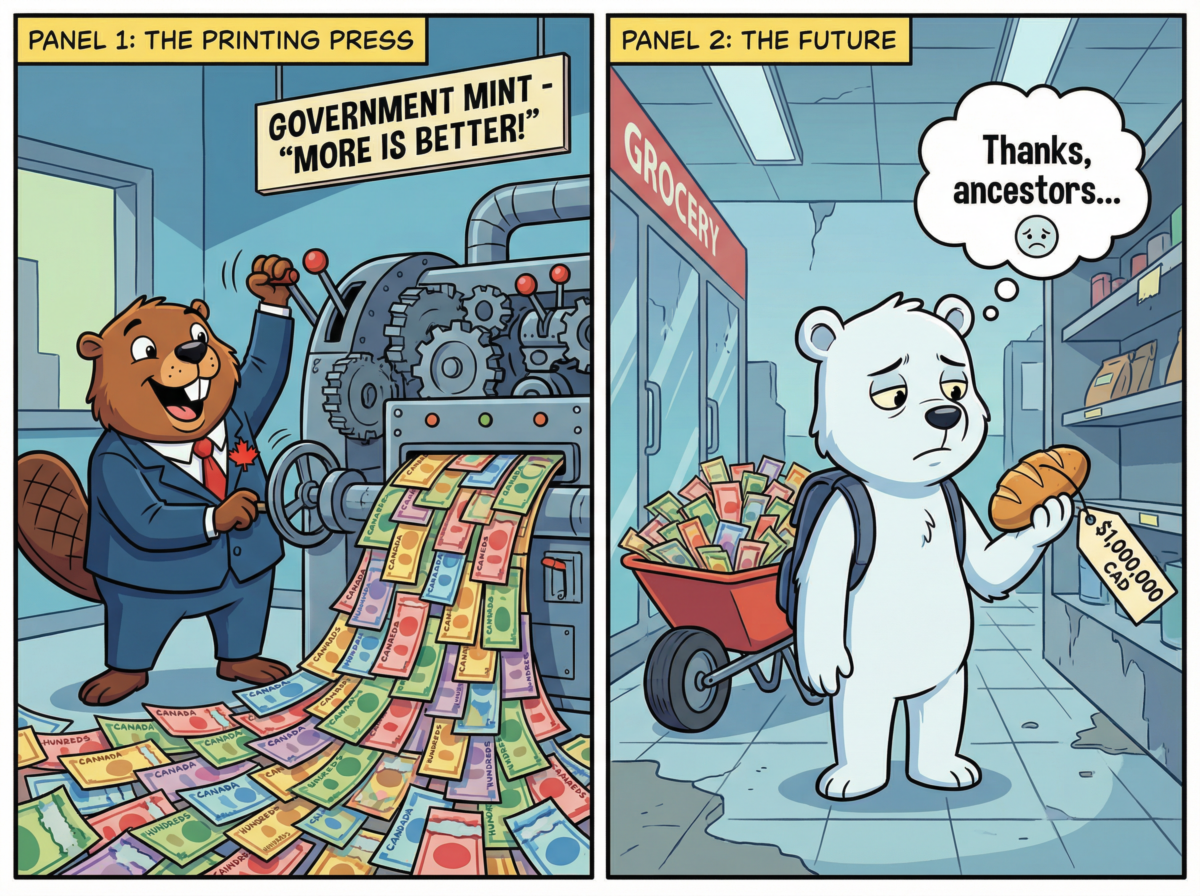The Bandwagons of Social Justice
By Gerald Heinrichs
A joke can say a lot. One comic recently wrote, “Pro Palestinian traffic blockers are preventing climate activists from getting to their own blockades.” Another writes, “I can’t believe it’s BLM season already. I still have my Trans Awareness decorations up.” Funny or not, these comics reflect the same picture—that in 2024, Canadians are witnessing a crowded arena of social justice activism.
No one fully understands how this fiesta of activism began. Some claim it is caused by radical changes in our educational institutions. For example, a 2022 publication by the Fraser Institute says “Woke ideology now dominates Ontario public schools.” And, a recent article in the Daily Telegraph says that many universities “have turned themselves into woke indoctrination camps.” Indeed, the webpage of Toronto’s Jack Layton Leadership School says that students are expected “to affect social change.” So, many would argue that today’s students are primed and loaded to make noise and more in support of the latest cause.
Meanwhile, others say the activism craze is the result of people abandoning traditional faiths. Professor Emilio Gentile says the decline of traditional religions creates “fertile ground for the creation and affirmation of new and powerful secular religions.” Broadcaster Dave Rubin says the human soul contains a “god-shaped hole.” If the hole is not filled by religious faith, he says, then individuals are compelled to fill it with something else. And social justice activism fits the bill. Young people who lack faith, he says, are ripe for the picking.
Don’t lose touch with uncensored news! Join our mailing list today.
Similarly, Gustave Le Bon also says that activism can become religious. He writes,“A person is not religious solely when he worships a divinity, but when he puts all the resources of his mind, the complete submission of his will.” Le Bon says that activism crosses the boundary into religion when there is “blind submission to its commandments, inability to discuss its dogmas, the desire to spread them, and a tendency to consider as enemies all by whom they are not accepted.” Theologian E. Stanley Jones also commented on this subject. Some decades ago he wrote, “Even the Communists, though repudiating religion, are deeply religious.” These writers explain why today’s activists are, not infrequently, called cult-like.
But there are those who defend social justice activism. It’s doing the right thing and making a change, they say. But, the long run often tells a different story. Many a time, good intentions are stuffed in the back seat while radical extremists grab the steering wheel. Those wanting to help the environment are drowned out by “Humans are a cancer.” And, those wanting peace in Gaza are drowned out by “Death to Israel.” Something flips and then good people are suddenly following the bad.
Author Lionel Shriver examines activist trends in her latest novel Mania. In a recent interview, she discussed this issue and she noted, “the rapidity with which people suddenly embrace one prescribed view, and also the ease with which these mind viruses now spread internationally.”
Canadians have seen activist themes rise and fall like songs on the hit parade: ozone layer, baby seals, anti-bullying, pronouns, #metoo. One by one, though, they eventually become discarded idols outside the temple of social justice.
It is impossible to predict the next movement that will captivate the masses. Max Weber says the process will be like deities competing for supremacy. He writes “The ancient gods, disenchanted and therefore transformed into impersonal powers, rise from their graves and reassume the eternal struggle between them in the hope of conquering the supremacy of life.” Weber describes a ghostly competition—like a survival of the fittest.
These are interesting times. And, with mixed anticipation, Canadians await the arrival of the next social justice bandwagon.
Gerald Heinrichs is a lawyer in Regina, Saskatchewan.















